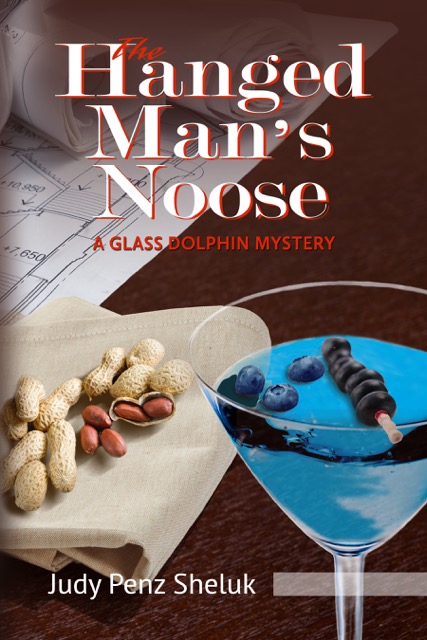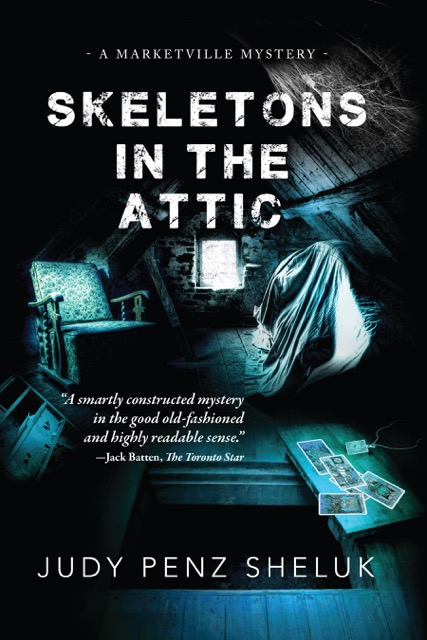
I’m thrilled to be taking part in the blog tour for Zoë Sharp’s “Bones in the River“. I’ve known Zoë for many years now but here’s a little bit of background to the enigmatic writer.
Zoë Sharp began her crime thriller series featuring former Special Forces trainee turned bodyguard, Charlotte ‘Charlie’ Fox, after receiving death-threats in the course of her work as a photo-journalist. Zoë opted out of mainstream education at the age of twelve and wrote her first novel at fifteen.
Zoë’s work has won or been nominated for awards on both sides of the Atlantic, been used in school textbooks, inspired an original song and music video, and been optioned for TV and film.
When not in lockdown in the wilds of Derbyshire, she can be found improvising self-defence weapons out of ordinary household objects, international pet-sitting, or crewing yachts in the Mediterranean. (It’s a tough job, but somebody’s got to do it.) Zoë is always happy to hear from readers, reader groups, libraries or bookstores. You can contact her via email.
My thanks to Zoë for having me on her blog tour.
Vic x

Don’t Quit the Day Job:
Zoe Sharp
I suppose there was half a chance that writing fiction might have been my day job, right from the start. After all, I penned my first novel at the age of fifteen—and I do mean ‘penned’. I wrote the entire thing, long-hand, in a month, and gave myself the most appalling writers’ cramp in the process.
That early effort did the rounds of all the major publishers, where it received what’s known in the trade as ‘rave rejections’—everybody said they loved it but nobody actually wanted to publish it.
Looking back, I’m rather glad about that.
Because, in order to be a writer, you need different experiences under your belt. At the age of fifteen, I’d had few worth mentioning. Apart from living aboard a catamaran from the age of about seven and leaving school at twelve. But that, as they say, is probably another story.
Having failed at my first attempt to be a novelist, I became side-tracked by a variety of jobs in my teenage years, including crewing boats and learning astro-navigation. I was mad keen on horses, rode competitively, and once even took part in a rodeo. I learned to shoot—did a little competing there, too. Long guns, mostly. I considered myself an average shot with a handgun but, as I discovered on my last visit to a US indoor gun range, most people can manage to miss the target entirely at less than ten feet.
As for jobs, I became a freelance motoring writer at the height of the classic car boom of the late 1980s. That quickly transmuted into being a photojournalist, having taught myself both how to write commercial magazine articles and also how to take images good enough for numerous front covers and centre spreads.
It was hardly surprising, then, that eventually I’d have to start writing a character who was a photographer. Enter Grace McColl, first in Dancing on the Grave and now in Bones in the River. Grace started out as a keen amateur photographer, who became involved in providing evidence for the defence in a court case. She was then approached by the Head CSI at Cumbria police, who asked her if she’d ever thought of joining the side of the angels. Always nice to be able to write any parts of the story concerning photography without having to do lots of research.
My time spent writing about cars also played a part in Bones in the River, which begins with a hit-and-run incident. Understanding how the mechanics of a vehicle work makes writing scenes with them in so much easier and, I hope, more accurate.
Plus, all that time spent with horses came in very useful for a book that takes place during the largest Gypsy and Traveller horse fair in Europe. There were still plenty of times when I had up to a dozen different scientific research books laid on the table at the side of my desk as I wrote, though. Fortunately, forensic science and pathology are such fascinating subjects.
They tell you to write what you know. I disagree. I think you should write what you’re desperate to find out instead.

“Bones in the River“, the second book in the Lakes crime thriller series, was published worldwide on May 26 2020 by ZACE Ltd. You can grab a sneak peek of the first three chapters, and is available from all the usual retailers.





 2018 has been a very fun year for me, professionally and, although I have found that there have been lots of highlights, the one thing I am most proud of is finally completing the first draft of my novel, ‘Fix Me Up’. I have lots of people to thank for encouraging me to get it done – my friend
2018 has been a very fun year for me, professionally and, although I have found that there have been lots of highlights, the one thing I am most proud of is finally completing the first draft of my novel, ‘Fix Me Up’. I have lots of people to thank for encouraging me to get it done – my friend 







 In non-work related joys, I went on my honeymoon with my lovely husband at the beginning of the year and it was a truly wonderful experience. We spent time in Hanoi, Halong Bay, Hoi An and Phuket. I’ve never been to the Far East before and it was brilliant. Going to Vietnam wasn’t top of my list, it was actually a compromise on my part, but I absolutely loved it. When we arrived there, I was convinced I’d never be able to cross the road due to the crazy traffic but it’s funny how quick you adapt to your environment. I loved the whole experience and would definitely like to see more of Vietnam. Thailand was a more laid back, luxurious time and that was equally great but I am just so pleased we visited Vietnam.
In non-work related joys, I went on my honeymoon with my lovely husband at the beginning of the year and it was a truly wonderful experience. We spent time in Hanoi, Halong Bay, Hoi An and Phuket. I’ve never been to the Far East before and it was brilliant. Going to Vietnam wasn’t top of my list, it was actually a compromise on my part, but I absolutely loved it. When we arrived there, I was convinced I’d never be able to cross the road due to the crazy traffic but it’s funny how quick you adapt to your environment. I loved the whole experience and would definitely like to see more of Vietnam. Thailand was a more laid back, luxurious time and that was equally great but I am just so pleased we visited Vietnam.



















